
With increasing urbanization and industrialization, wastewater management has become a pressing concern. Traditional sewage treatment systems often require significant land, labor, and time for installation, making them less viable for modern infrastructure. This is where prefabricated sewage treatment plants (STPs) emerge as a revolutionary solution, offering efficient and sustainable wastewater treatment with a focus on water recycling.
What is Water Recycling and Why is it Important?
Water recycling is the process of treating wastewater to make it reusable for various applications such as irrigation, industrial use, and groundwater replenishment. As freshwater resources become increasingly scarce due to population growth and climate change, water recycling plays a critical role in sustainable water management. By reusing treated wastewater, we can reduce dependence on freshwater sources, lower water pollution, and promote environmental conservation.
Key benefits of water recycling include:
Conservation of Freshwater: Reduces strain on natural water bodies and groundwater reserves.
Environmental Protection: Minimizes wastewater discharge into rivers, lakes, and oceans, preventing pollution.
Cost Savings: Reduces water procurement and wastewater disposal costs for industries and municipalities.
Drought Resilience: Provides a reliable water source in regions facing water scarcity.
What Are Prefabricated Sewage Treatment Plants?
Prefabricated STPs are compact, factory-manufactured wastewater treatment units that can be transported and installed on-site with minimal effort. These systems come pre-engineered with all necessary treatment components, significantly reducing installation time and costs. They are ideal for residential complexes, commercial buildings, industrial facilities, and remote locations.
Advantages of Prefabricated Sewage Treatment Plants
-
Quick Installation and Setup
Prefabricated STPs are pre-built and require minimal civil work, allowing for fast and hassle-free installation compared to conventional STPs. -
Space-Efficient Design
These plants are designed to be compact and require significantly less land, making them suitable for space-constrained urban settings. -
Cost-Effective Solution
The reduced labor, material, and construction time translate into cost savings, making prefabricated STPs a more economical choice. -
High Efficiency in Water Recycling
Equipped with advanced filtration and treatment technologies, these plants can treat sewage to high-quality standards, allowing for safe reuse in landscaping, irrigation, and industrial processes. -
Scalability and Flexibility
Prefabricated STPs can be customized and scaled according to the capacity and treatment needs of the project, ensuring adaptability for diverse applications. -
Eco-Friendly Operation
By promoting water reuse and minimizing sludge generation, prefabricated STPs contribute to environmental sustainability and water conservation efforts.
Applications of Prefabricated STPs
Residential Societies & Apartments: Helps in managing domestic sewage efficiently while reducing dependency on freshwater sources.
Commercial Buildings & Offices: Ensures regulatory compliance and provides an eco-friendly wastewater management solution.
Industries & Factories: Treats industrial wastewater and facilitates water reuse in operations.
Hotels & Resorts: Manages wastewater sustainably while supporting green initiatives.
Remote & Rural Areas: Provides decentralized wastewater treatment where conventional sewage systems are unavailable.
The Role of Prefabricated STPs in Sustainable Water Management
With increasing concerns about water scarcity, wastewater recycling has become a crucial aspect of sustainable development. Prefabricated STPs ensure that treated sewage can be reused for non-potable applications, reducing the overall demand for fresh water. Additionally, these systems help industries and communities comply with environmental regulations by treating wastewater effectively before discharge.
Why Choose a Prefabricated STP for Your Project?
Investing in a prefabricated sewage treatment plant is a smart decision for businesses, residential societies, and industries looking for a long-term wastewater management solution. These plants offer a balance of cost-efficiency, reliability, and sustainability, making them the preferred choice for future wastewater treatment needs.
Conclusion
The future of water recycling depends on advanced wastewater treatment technologies like prefabricated sewage treatment plants. Their ability to provide efficient, scalable, and eco-friendly solutions makes them a key player in modern wastewater management. As industries and urban developments continue to expand, the adoption of prefabricated STPs will play a crucial role in ensuring water sustainability for generations to come.
If you are looking for an efficient and sustainable sewage treatment solution, a prefabricated STP is the answer!


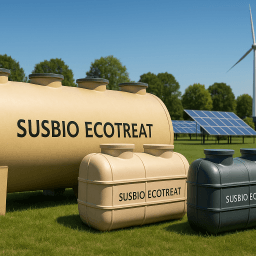


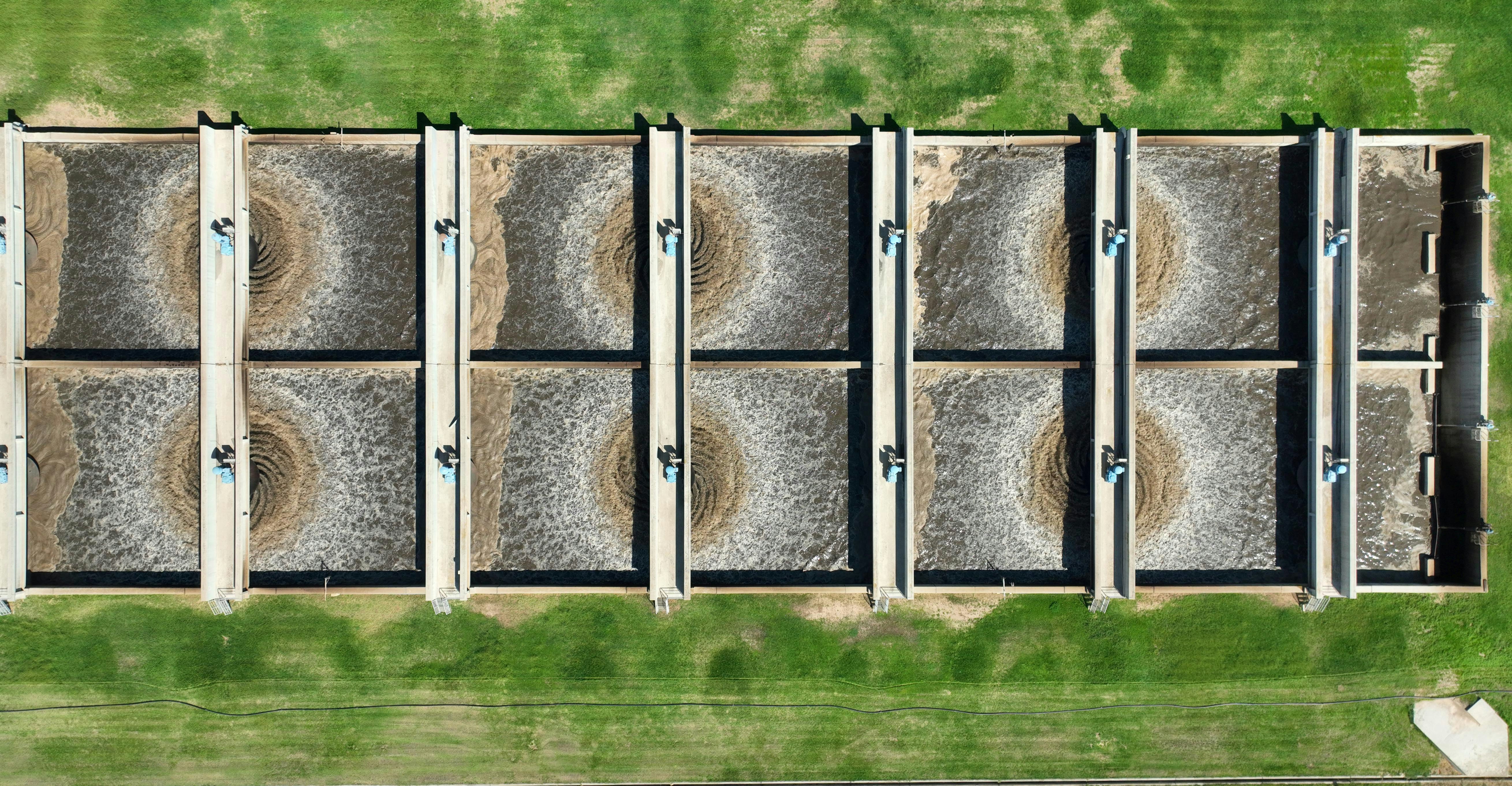



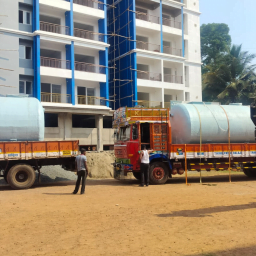
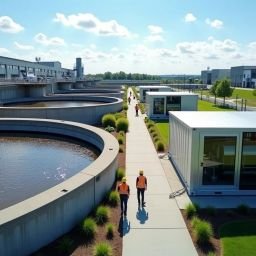
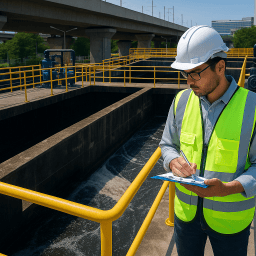


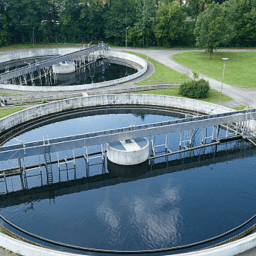
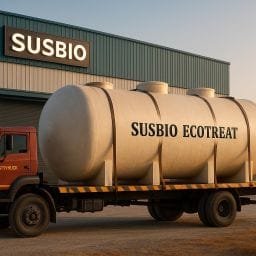
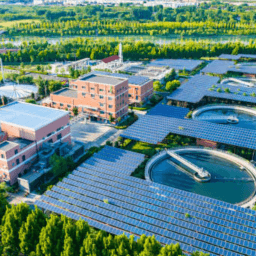

[…] region, Jaipur faces frequent water shortages. Packaged STPs allow for wastewater treatment and recycling of treated water for non-potable uses like gardening, flushing, and industrial processes, reducing the strain on […]